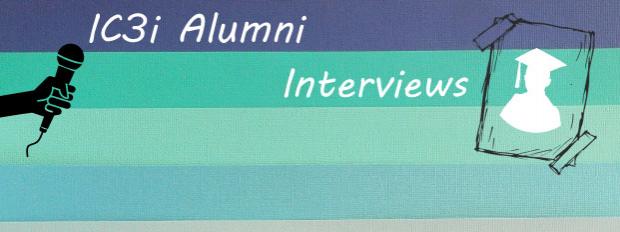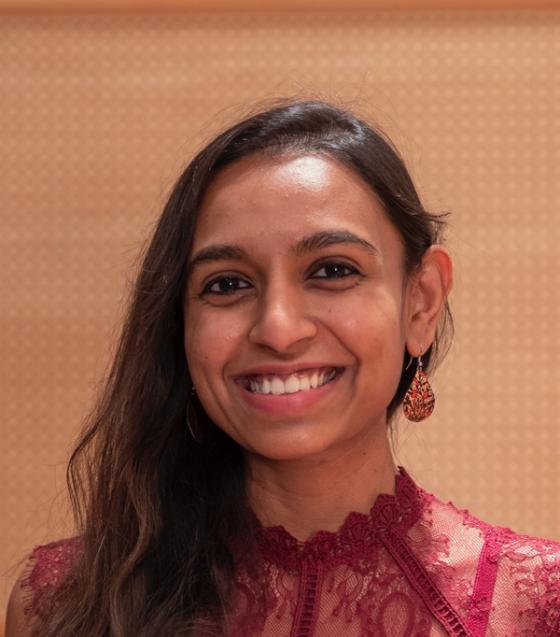Hello Samyuktha, could you tell us about your journey as a PhD student at Institut Curie?
I started as an IC3i PhD student in the lab of Dr. Thierry Dubois, part of the translational department at the Curie Hospital. I did my PhD for 4 years. After, I continued working for another 3 months in the same lab, to complete my project. Now, I will be starting as a postdoctoral fellow at Stanford University in the lab of Dr. James Ford in the School of Medicine.
How did you get to know the IC3i program? And how did you apply?
I got to know about the IC3i program from my acquaintances and got interested in the project proposed by Thierry. So, I applied to the program, attended the interviews in person at Institut Curie where I got a 3 day tour of the institute and had a chance to meet my lab mates and other colleagues.
What motivated you to apply for your PhD at Institut Curie?
Before my PhD, I was doing a 5-year integrated course in bachelor and masters at Indian Institute of Science Education Research, Kolkata in India, where I specialized in biological sciences. At the end of the program, I applied to Thierry’s lab as I was always interested in working in Cancer research and Institut Curie was one of the best platforms and I was quite interested in the PhD project.
How was your work experience at Institut Curie?
Doing a PhD was definitely an enriching experience. It was great to work in the Translational department of Institut Curie considering my interest in Cancer biology.
Apart from the scientific and academic experience, being an international student at Institut Curie with interactive labmates helped me to personally grow, especially in learning about the French culture. Also, most of my batchmates from the IC3i program were international as well and are lifelong friends to me.
So, how did you adapt yourself to Paris/France when you arrived from India?
It was not so difficult apart from the language barrier in the very beginning. But within 6 months, with a very good French teacher, administrator of my department, I picked up the language very quickly and then it became easier to interact in the lab with my French colleagues.
How do you think about your future opportunities?
I really want to continue in academia, and this is why I am pursuing my career in academia further as a Post-doctoral researcher. I definitely want to continue in research and not transition into the industry anytime soon.
What do you think are the advantages/disadvantages of being in academia over industry?
Personally, I have not had any drawbacks being in academia, so far. There were times when I thought funding was not enough for some projects. But I would not say that being in the industry would be easier or more difficult as I have not been a part of it.
What would you advice to new students starting their PhD?
I would just say that a PhD journey is an adventure, everyone has their own ups and downs. Each of us have our own setbacks but not at the same time whether it be experimental or emotional. Just know that you will have a good outcome in the end. You need a lot of determination to get through the PhD. If you are not sure whether you want to pursue a PhD, then you should look at other alternatives or options because it may not be sustainable for yourself or the host lab in the long run in terms of time and resources.
What were the benefits of studying at Institut Curie?
It helped me set up very good networks. All the people I met in Curie are potential collaborators, collegues and/or friends in the future.
As all of the IC3i batchmates of mine are in different fields and careers, they will make excellent networks in the furture, apart from being amazing and supportive friends!


